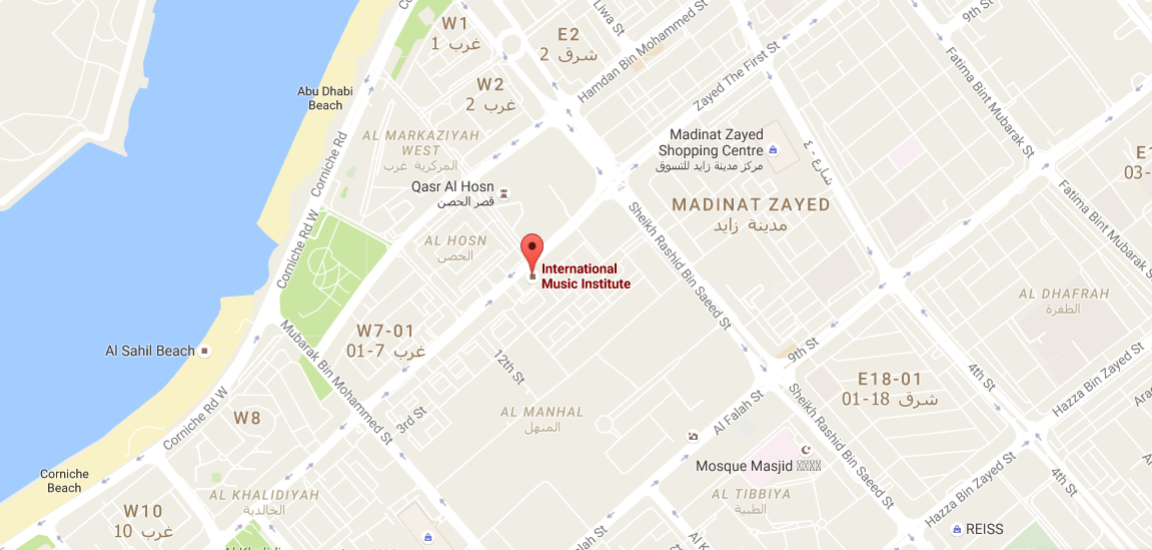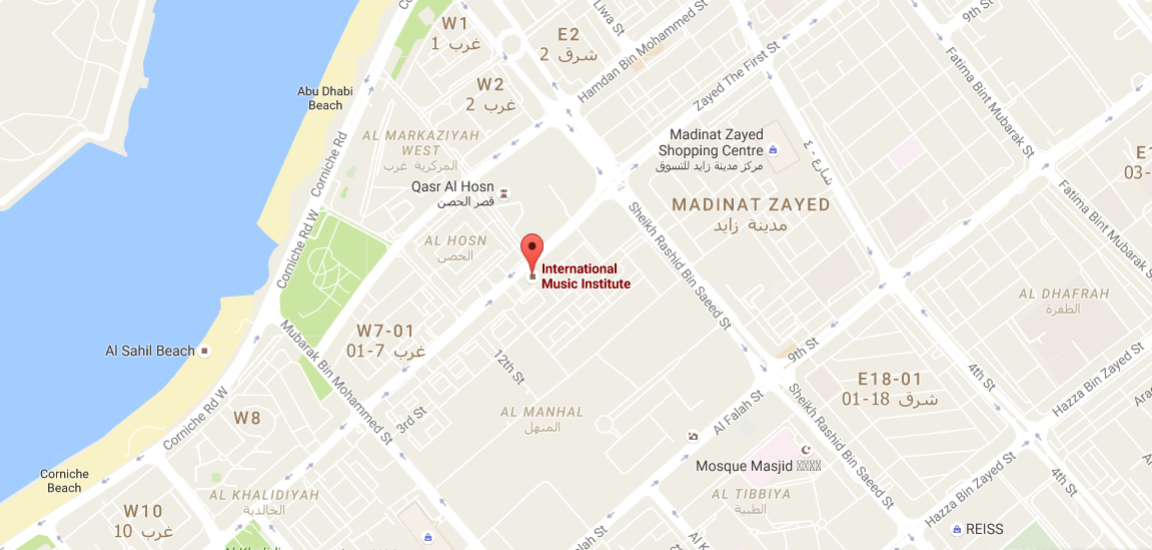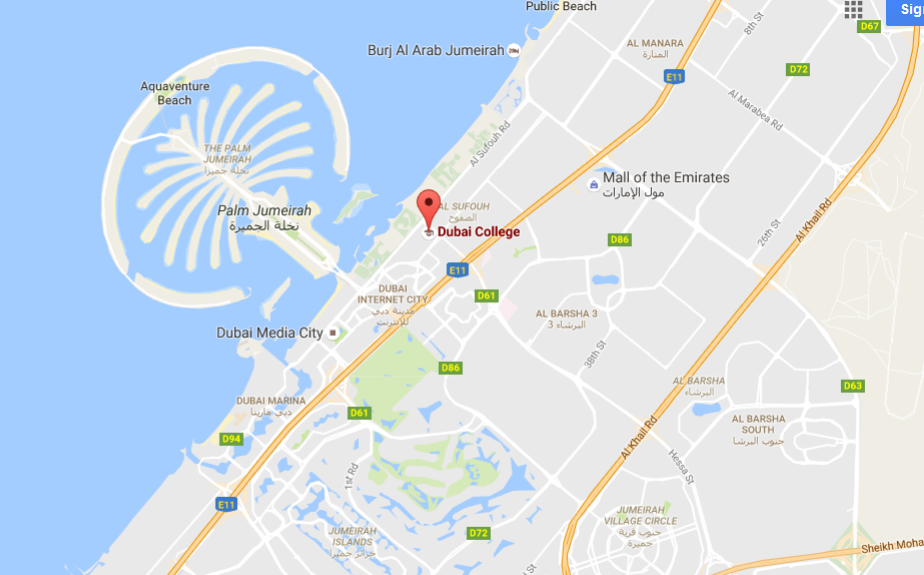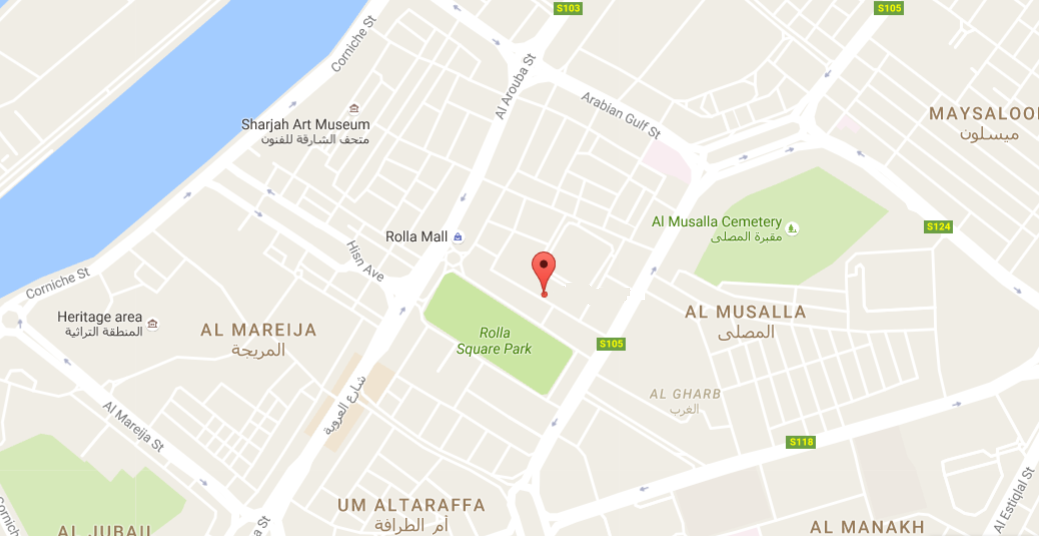1. What is an applicant and who can make an ABRSM exam entry
The applicant is the person filling out the ABRSM exam entry form and making payment. You may be applying on behalf of the exam candidate(s) [eg. you are a teacher, a parent or guardian, or a school head], and must be aged 18 or over.
You may be applying for yourself [you must be an adult to do this] and you are therefore also the candidate.
Candidates may be entered for an exam by a school, a teacher of music, a parent or guardian.
Adult students over the age of eighteen may enter themselves for an exam.
Anyone who makes an ABRSM exam entry becomes an applicant and receives a unique applicant number.
2. What is a candidate
A candidate is someone who will be taking an exam. This may be your pupil, child, a member of your school, or yourself.
3.For Ensembles, Choral Singing and Diplomas please contact your local representative
4.Glossary particularly for first-time applicants
Applicant
The applicant is the person filling out the ABRSM exam entry form and making payment. You may be applying on behalf of the exam candidate(s) [eg. you are a teacher, a parent or guardian, or a school head], and must be aged 18 or over.
You may be applying for yourself [you must be an adult to do this] and you are therefore also the candidate.
Candidates may be entered for an exam by a school, a teacher of music, a parent or guardian.
Adult students over the age of eighteen may enter themselves for an exam.
Anyone who makes an ABRSM exam entry becomes an applicant and receives a unique applicant number.
The applicant is the person who acts on behalf of the candidates. Adult candidates may enter themselves. All communications will be with the person named as the applicant. It is the applicant's responsibility to pass on relevant information to the candidate/parent/guardian/teacher.
Candidate
A candidate is someone who will be taking an exam. This may be your pupil, child, a member of your school, or yourself.
Entry
An entry is an application for the examination of any number of candidates at the same centre, on the same date and for whom the same presenter's name will be shown on the mark forms and certificates.
Multiple entries
A multiple entry consists of a number of separate entries made by one applicant who requests that candidates should be examined either at different centres or for whom different presenters' names are to be shown on mark forms and certificates. In such cases a separate online entry should be used.
Certificate
The exam certificate shows who has presented the candidate. You may not want this to be you - for example, it could be your school or institution, or your teacher if you are entering yourself. Make sure you tell us which name you want to be on the certificate in "Presented for examination by" field of the entry.
5. How to be an applicant
Please contact your local representative.
6. Exam Centers with map
International Music Institute
Khalydia St, Opposite Grand Stores, P.O.Box: 71884, Abu Dhabi, UAE
Tel: +971 2-6211949 / 6211299
Fax: +971 2-6214824
E-Mail: contact@imig.ae

Juli Music Institute
Al Bandar, Raha Beach P.O.Box: 71884, Abu Dhabi, UAE
Tel: +971 2-5577602 / 5554268
E-Mail: contact@imig.ae

7. Contact your local representative
Abu Dhabi

Ju Hua Zhu Li
International Music Institute
PO Box 71884
Abu Dhabi
T +971 (0)2 621 1949 / (0)2 621 1299
F +971 (0)2 621 4824
E Ju Hua Zhu Li
Al Ain

Gabriele Malzahn
abrsm.alain@gmail.com
Al Ain
T +971 56 278 0008
E Gabriele Malzahn
Dubai

Kieran Dempsey
The Bursar, Dubai College
PO Box 837
Dubai
T +971 (0)4 3999 111
F +971 (0)4 3999 175
E Kieran Dempsey
Sharjah

Sonja van Tooren
Al Falaj, Street 50
Villa 21, Al Riqqa Suburb
Sharjah
T +971 (0)6 565 9465
M +971 (0)50 785 8036
E Sonja van Tooren
8. Grade 6, 7 and 8 practical exams
Candidates for Practical Grades 6, 7 and 8 must already have passed one of the following qualifications:
* ABRSM: Grade 5 (or above) in Music Theory, Practical Musicianship or a solo Jazz subject (i.e. Jazz Piano, Jazz Flute, Jazz Clarinet, Jazz Sax, Jazz Trumpet/Cornet/Flugelhorn or Jazz Trombone)
Accepted alternatives
* Australian Music Examination Board: Grade 5 (or above) in Theory of Music
* London College of Music: Grade 5 (or above) in Theory of Music (nb: Popular Music Theory is not accepted)
* The Royal Conservatory of Music [Canada]: both Advanced Rudiments and Basic Harmony
* Royal Irish Academy of Music: Grade 6 (or above) in Theory & Harmony
* Trinity College London/Trinity Guildhall: Grade 5 (or above) in Theory of Music
* University of South Africa: Grade 5 (or above) in Theory of Music
* Dublin Institute of Technology Conservatory of Music & Drama: Grade 5 (or above) in Musicianship
* Irish Leaving Certificate: Grade B (or above) in Music (Higher Level)
* The Open University: A224 Inside Music
9. Practical exam results
For Practical exams, the mark form gives a breakdown of the marks awarded for each section and the total number of marks as well as the examiner's comments. Applicants will receive results and certificates approximately six to eight weeks after the date of the exam.
10. Music Theory exam results
For Music Theory exams, the mark form gives a breakdown of the marks awarded for each question and the total number of marks. Theory papers are not returned after marking. Applicants will receive results and certificates approximately three months after the date of the exam.
11. Certificates
All successful candidates receive a copy of the mark form and a certificate that specifies the subject and grade in which they have been examined.
12. My question is not answered here
Please contact your Local Representative.
You can also reference ABRSM official website http://ae.abrsm.org for more questions and answers.
